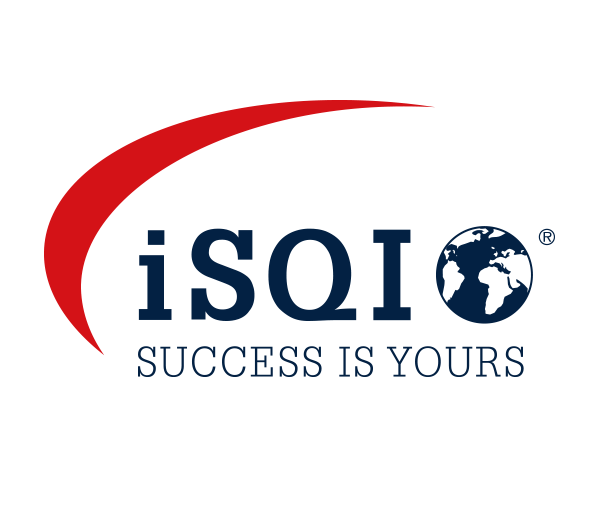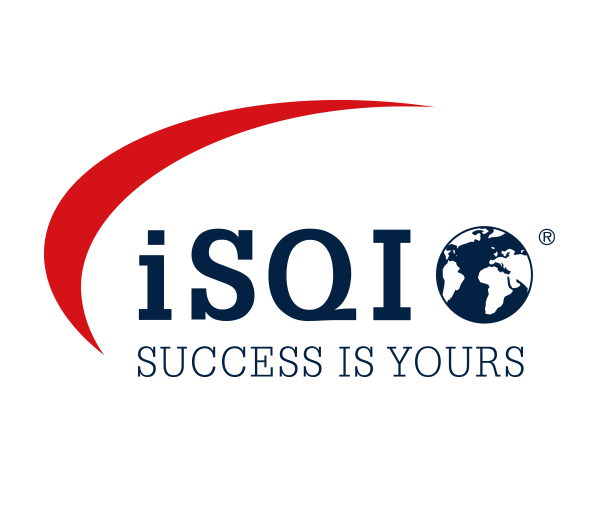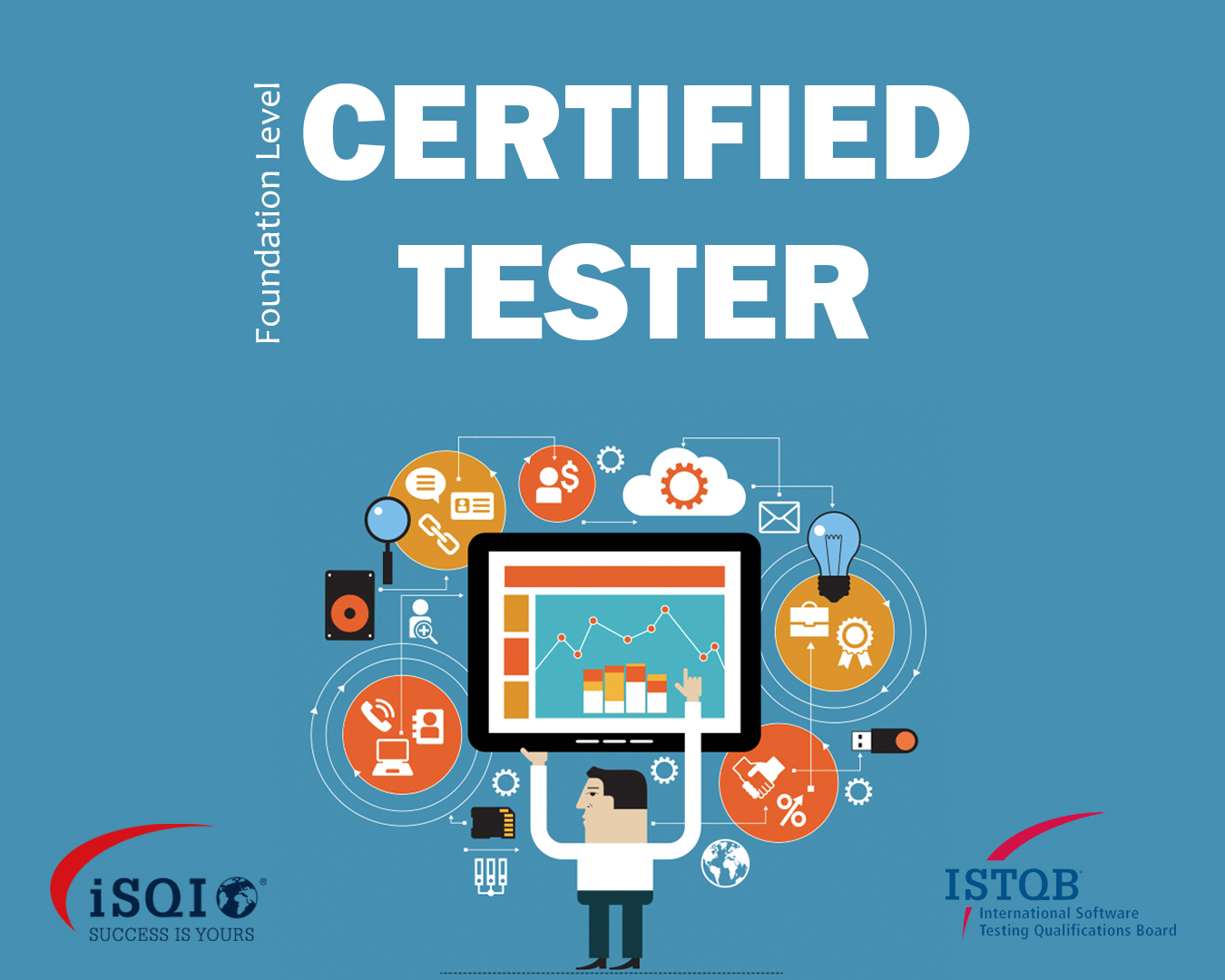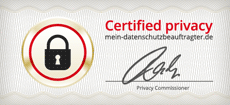With increasing digitalization, IT systems become more and more susceptible to errors in software. This is why software testing is a crucial part of program development. Software only becomes good, if the main errors are detected and fixed in advance. Not only secure, but also able to sell and useful to users.
A frequent reason for most product recalls from car manufacturers such as Volvo, VW, Ford, Nissan, or GM are due to insufficient tests which do not meet the highest quality requirements. However, not only car manufacturers deliver bad software. In 2010 errors in software caused chaos with chip and pin cards; in 2019 flights in Frankfurt in May were cancelled due to problems with the air traffic control software. In 2018 Microsoft withdraws updates for Windows 10 because the update of the operating system crashed computers. There are countless examples. Many bugs can be dismissed with this popular tester joke „it’s not a bug, it’s an undocumented feature“, others go far beyond the bug, causing considerable economic damage or even endangering lives.
In spite of automation and ever more powerful computers, it is currently not foreseeable that testing software will become less important in the future. On the contrary. As effective as the computer is and as complex as the security systems for software development may be, humans as the main control authority cannot be replaced. Not today and probably not in the next hundred years. Only humans can guarantee that a software is safe.
Is software testing a free profession?
„Software testers are experts. They have to master their tools in order to track down errors in the systems. The better they train the test methods and techniques, the faster and more efficiently they can work“ says Tilo Linz, former president of the German Testing Board. He thus succinctly sums up why an examination scheme for software testers has established itself worldwide as a central quality feature for an entire profession within just over 15 years.
Here is attached a link to a document with the job description of testers: GTB_Publikation-Berufsbild-Tester.pdf
Software tester is actually a free, unprotected profession. Every software tester can call themselves a software tester, no matter if they can prove qualifications or not. So, in principle, everyone can become a tester if they have an affinity to computers. However, the best stepping stone into the profession, is a degree in computer science or as an engineer in a technical or scientific field. Graduates of these according courses would have no problems finding jobs as software testers.
Often programmers develop into testers. „I slipped in,“ says Frank Mannerlamm. Frank Mannerlamm, head of the software testing department at a large ITC company, responsible for communications for what is probably the largest German logistics group in Germany. Mr. Mannerlamm studied computer science, but that always bored him a little, he says. When he became a software tester, all kinds of employees, from IT or other departments, tested the developed software. That wasn’t systematic. „It wasn’t efficient, and usability and user-friendliness weren’t issues back then,“ says Frank. Today it is completely different. „We work agile, I am a trained Scrum Master and our testers are ISTQB certified. I myself have made all certificates up until Expert Level.
ISTQB is the International Software Testing Qualification Board, which was founded in 2002 and developed a standardized training for software testers. Today this training is THE training to become a software tester. Without it is extremely difficult to gain a foothold on the market as a tester. In 2018, more than 875,000 software testers worldwide took an iSTQB exam.
According to the German Testing Board, companies that have their own software testers trained in accordance with ISTQB standardized guidelines, benefit primarily from four levels:
- The language used in software testing is standardized. To put it in simple terms, this means that specialists can talk to each other better. They understand each other and communication within the projects is more precise and fluent.
- The results of the tests are noticeably better due to the acquired knowledge of the testers and they delivered a high quality of the software as a result.
- This has an impact on customer satisfaction. The companies can serve customer wishes faster and more accurately, which at the same time also results in follow-up orders. This effect is already so well known internationally that customers demand ISTQB certified software testers for software tests.
- Experts also benefit from the certification. They can prove certain skills and thus documents a high knowledge level. Depending on the status of the training, these skills can have an impact on higher areas of responsibility, control, management, agile work, etc. This also represents better career opportunities and higher incomes.
Just mentioning an ISTQB certificate in a CV gives recruiters „a good impression that candidates takes their job as a software tester seriously and willing to develop, improve and stay updated on the latest innovations in this field,“ writes Salah El Amami, CEO of Improve Software, in a LinkedIn article.
Start your career with CTFL
The Certified Tester at Foundation Level (CTFL) is the first professional qualification. Which is why this certificate is so successful. Not only offers professional development to IT specialists, but also to those who are completely new to this area. This makes CTFL the most widely used and most frequently requested certificate for software testers worldwide. There is nothing comparable for software testers. Especially in countries that are regarded as IT suppliers, many young people are pushing their way into the IT market. Coming from Kiev, Lviv, Bucharest, Sofia, Warsaw and Moscow. Highly motivated, speaking a high English level. As well as sometimes able to speak other European languages..
CTFL is not only a career kickstart for new people in the field, but also an impulse in your career. Many software testers who have acquired their skills „on the job“ can continue to add to this getting certified. This makes them more valuable to their own company, also gives them the opportunity to apply for jobs internationally, for example: Europe. If you are CTFL certified, there are more options open to you in your testing career. Equipped with international know-how, testers have the corresponding basic requirements to be able to survive in international projects. In addition, the Foundation Level can be updated to different Advanced Levels. There are different modules that can be selected depending on the job and the direction you want to take in further education. On the website of the ISTQB you will find a diagram showing the entire training program for Certified Tester: https://www.istqb.org. Here, testers can focus on the Agile Tester, Test Manager and Test Analyst, Security Tester, etc..
Why you should get certified as an ISTQB Certified Tester?
The field of activity of a software tester is extremely broad. There are multiple methods and many ways to become a good software tester. Having certain knowledge certified by independent institutes is a common and relatively easy way. With a ISTQB certification, the owners show they work according to internationally valid and recognized standards in the field of software testing. With the three levels Foundation Level, Advanced Level and Expert Level, the specialisation and experience level also becomes clear. Employers recognize from an ISTQB certificate that the candidate has demonstrable knowledge and skills on the subject. This enables them to better assess the future performance of their employees and plan their commitment to the company and projects.
The ISTQB improves the software testing profession. The training and the curriculum are regularly adapted to the respective developments of the market and to the expectations of software and constantly improving.
For this high-quality training, the ISTQB brings together the findings and new developments from science and practice.
The ISTQB offers the graduates of the examination the opportunity to be included in the Alumni Register.
6 reasons for a certificate
- Proof of globally recognised knowledge
- Knowledge of standards in software testing
- Stable quality of services
- Similar ways of working and thinking as well as approaches to solutions in international teams
- Uniform technical terms through the provided glossary
- Testing by an independent certification body, such as the iSQI
How to prepare for the exam
Further education is more important than ever. CTFL is not only a chance for IT people to get a job. CTFL also offers a platform for career changers.
According to the ISTQB, 341 training providers are currently licensed to conduct ISTQB courses. They prepare the participants for the individual exams for all levels. Exam preparation takes place in training courses by the training providers or can also take place in self-study for the Foundation Level (CTFL, basic level) and the Advanced Levels (CTAL).
Participation in a training course is mandatory for the individual exams for the Expert Level (CTEL). The individual examinations are conducted by independent certification bodies such as: the International Software Quality Institute (iSQI). iSQI enables a consistently high quality of examinations and evaluation. The institute works internationally and carries out ISTQB certifications in almost all countries. For this purpose, candidates can take public exams in multiple iSQI offices or with a test center, Pearson VUE..
Participants can prepare for the exams for the three Foundation Levels as well as the five Advanced Levels even without attending training courses. They can use the iSQI syllabi, for example, which can be found under the following link:
Syllabi.
To check their own knowledge, the mock exams are available on the iSQI website: Certificate at iSQI Mock Exam Answers
Levels in the training of the ISTQB Certified Tester
The ISTQB offers three consecutive certification levels: Foundation Level (CTFL), Advanced Level (CTAL) and Expert Level (CTEL). For the advanced and expert levels, you need CTFL and professional experience in software testing. The certificates can be divided into three areas: Core (currently with the most certifications), Agile (Advanced Level is still partly under development) and Specialist (further certificates in this area are under development).
Levels in the training of the ISTQB Certified Tester
The ISTQB offers three consecutive certification levels: Foundation Level (CTFL), Advanced Level (CTAL) and Expert Level (CTEL). For the advanced and expert levels, you need CTFL and professional experience in software testing. The certificates can be divided into three areas: Core (currently with the most certifications), Agile (Advanced Level is still partly under development) and Specialist (further certificates in this area are under development).
ISTQB Certified Tester – Foundation Level (CTFL)
The ISTQB Certified Tester – Foundation Level (CTFL) is the basic level for software testers.
The CTFL training teaches the basics of software testing, as well as the distribution of roles in software development. Such as: test designers, test analysts, test engineers, test consultants, test managers and IT professionals. With the certification, the owners also prove that they have extensive knowledge of product life cycle and test designs. Alternatively, those interested can also study the contents listed in the curriculum on their own. The ISTQB CTFL is the basis for all Advanced Levels.
In addition to the CTFL, there are two Foundation Level extensions. These are divided into the areas Agile – „Foundation Level Agile Tester“ and Specialist „Foundation Level Model Based Tester“.
ISTQB Certified Tester – Advanced Level
The ISTQB Advanced Level (CTAL) is based on the ISTQB CTFL, which the candidate must prove accordingly.
There are currently five Advanced Levels in the areas of Core and Specialist. In the Core area are the following:
- Test Manager – Planning and Evaluation
- Test Analyst – Analysis of test processes, management, techniques and software quality criteria
- Technical Test Analyst – optimal test methods and tools for tests
In the Specialist section, they are:
- Security Tester – Security of Software
- Test Automation Engineer – Development and Automation of Tests
The CTAL Test Manager certification is the basis for the two Expert Levels.
ISTQB Certified Tester – Expert Level
The ISTQB Expert Level (CTEL) is based on the ISTQB Advanced Level Test Manager, which the candidate must prove. There are currently two Expert Level Improving the Testing Process and Test Management in the Core area. In order to take the Improving the Testing Process exam, you must have the ISTQB Certified Tester – Advanced Level Test Manager, five years‘ experience in software testing and two years‘ experience in improving testing processes.Is possible to obtain Test Management certification if you have ISTQB Certified Tester – Advanced Level Test Manager certification, five years experience in software testing and two years experience in test management.
What is the International Software Testing Qualifications Board (ISTQB)?
The International Software Testing Qualifications Board (ISTQB) is a worldwide association of experts from practice and science on the subject of software testing. The members of the ISTQB are volunteers and work worldwide on common quality standards and training opportunities. Therefore they develop curricula for various certificates in the field of software testing.
Certificates help improve the cooperation of software testers worldwide. To date, the ISTQB has developed ten certificates. More currently in the works. The certifications are partly based on each other. The basic level – the Foundation Level (FL) – certifies that the certified person has a basic knowledge of software testing. The advanced training courses impart knowledge in various sub-disciplines of software testing. The certificates are called „Certified Testers“ („CTFL“ for the basic level). The contents of the exam are recorded in curricula (syllabus).
Facts & Figures 2019
ISTQB® is the standard in the certification of software testing competences, as marked by the following figures, last updated on December 2018:
- Number of exams administered: 920,000+
- Number of certifications issued: 673,000+
- Growth in Agile Tester certificates (2017 to 2018): +42%
- Growth in Specialist exams: 258%
- Number of Board Members: 59
- Number of countries directly covered by Member Boards: 82
- Worldwide geographic coverage thanks to e-exams administered by Global Exam Providers
- Number of countries in which ISTQB
- ® certification activities have taken place :120
- Partners in Industry Partner Program have crossed the 200 mark, in 44 countries
- Accredited Training Providers: 341










